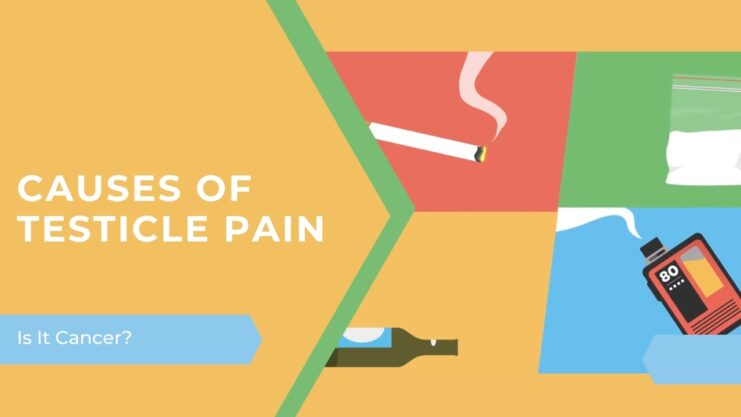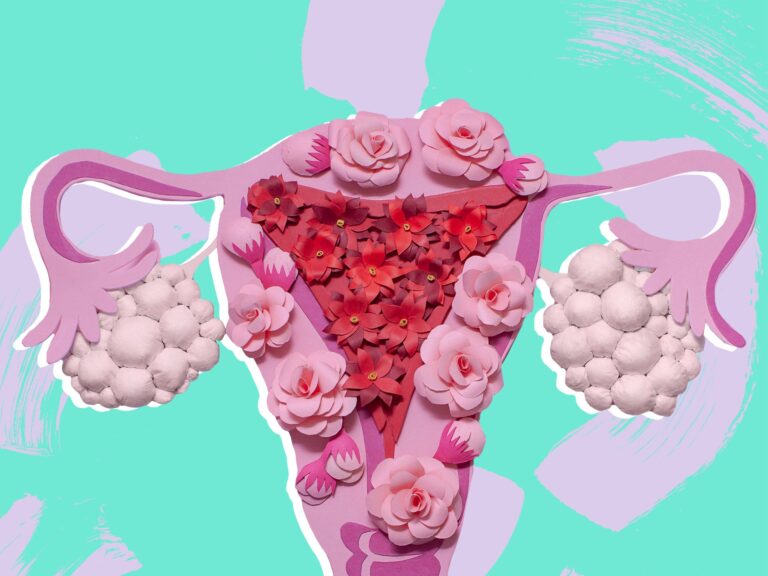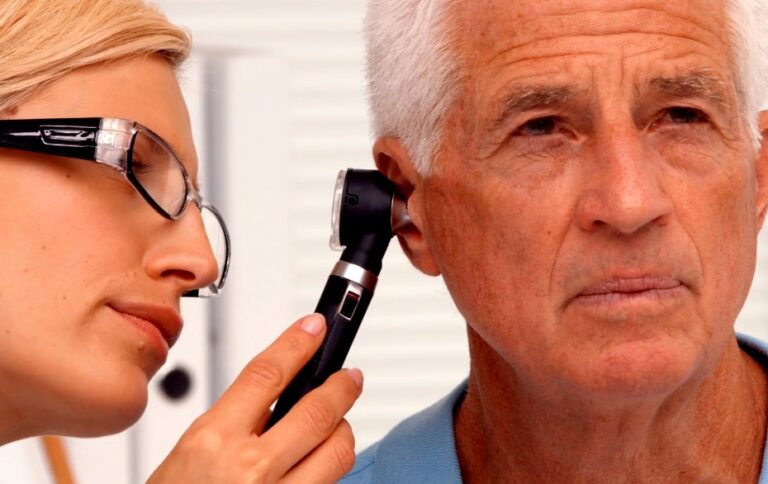Ouch! Any man who has ever suffered a hard knock to the groin will still cringe at the memory. But apart from direct trauma, what other conditions can result in pain in the testicles?
The testicles, or testes, are two egg-shaped reproductive organs in males located in the scrotum. They produce sperm and sex hormones (primarily testosterone).
As most men are aware, the testes are very sensitive and even the slightest trauma or injury can cause pain and discomfort. While some causes of testicular pain may be mild and self-resolving, there are some serious conditions that require urgent evaluation and treatment.
Common Causes of Testicular Pain & Discomfort

1. Testicular Torsion (Testicle Twists)
One of the most important things to investigate for sudden, severe testicular pain is testicular torsion. This occurs when the testicle twists around the spermatic cord, which supplies blood to the scrotum.
The reduced blood flow causes pain and swelling and usually needs to be corrected with emergency surgery. If it is not addressed quickly, the testicle may be irreversibly damaged from lack of blood supply and may need to be completely removed.
Testicular Torsion is most common in young boys between the age of 12-16 years old, but it can occur at any age. It can develop a few hours after vigorous exercise, but also commonly occurs during sleep or even following a seemingly minor injury.
The condition is more likely to occur if you have had it before and did not have proper surgical correction, and can also tend to run in families. Early evaluation and treatment can prevent severe damage and loss of the testicle.
2. Testicular Infections & Testicular Inflammation

Another common group of men I see with testicular pain and discomfort are those with infections. This occurs when a virus or bacteria invades the tissues and causes inflammation of the testicles (orchitis) or surrounding structures (epididymitis, prostatitis, urethritis, etc.).
In younger males, mumps orchitis is a fairly common complication of infection with the mumps virus; however, this is less of a problem nowadays since most people are now vaccinated against it.
In sexually active men, gonorrhea and chlamydia are the most common causes of infection and may be accompanied by symptoms such as testicular swelling, testicular pain while passing urine, or penile discharge.
In addition to these infections, some men may also experience discomfort due to sperm cramps, a sensation that can occur before, during, or after ejaculation, which is distinct from the usual sensations of arousal.
In older males and men who have sex with men, enteric bacteria (those living in the gastrointestinal tract) are more prevalent; these include E. Coli, Enterococcus, and Klebsiella species.
If you suspect any kind of infection, it is important to be evaluated and treated promptly with antibiotics, as they can spread to nearby structures and cause further complications including infertility. As many infections are also sexually transmitted, an std treatment of your partner may be necessary as well
3. Testicular Cancer
Testicular cancer can also be a cause of vague discomfort and swelling around the testicles and may present with a palpable lump. It is the most common cancer in males between 18-50 years old, and if detected early can be cured in up to 96% of cases.
Leaving it late may allow cancer to spread to other organs in the body, by which time it may be too late to cure completely. It is important to speak to your healthcare provider about proper testicular self-examination so that potential opportunities for early detection are not missed.
4. Other Causes of Testicular Discomfort & Pain
A few other common but usually more benign causes of testicular discomfort may include varicoceles (leaky blood vessels), spermatoceles or hydroceles (caused by fluid build-up), epididymal cysts, and inguinal hernias. Most of these can be picked up by a simple ultrasound scan and do not usually require costly treatment.
FAQs
How often should I perform a testicular self-examination?
It’s recommended that men perform a testicular self-examination monthly, preferably after a warm shower when the scrotal skin is relaxed.
Are there any preventive measures to avoid testicular injuries?
While accidents can happen, wearing protective gear during sports, avoiding risky activities, and being cautious can reduce the risk of testicular injuries.
Can testicular pain be a sign of a sexually transmitted infection (STI)?
Yes, infections like gonorrhea and chlamydia can cause testicular pain. If you’re sexually active and experience testicular discomfort, it’s essential to get tested for STIs.
Is testicular pain always a sign of a serious condition?
Not always. While conditions like testicular torsion are serious, many causes of testicular pain, like minor injuries or infections, can be treated easily. However, any persistent or severe pain should be evaluated by a healthcare professional, and keep your sexual health in check at all times to avoid unnecessary complications.
Can lifestyle or diet impact testicular health?
Yes, a healthy lifestyle, including a balanced diet, regular exercise, and avoiding smoking or excessive alcohol, can promote overall and reproductive health.
Are there any age groups more susceptible to testicular issues?
Testicular torsion is more common in young boys between 12-16 years old, while testicular cancer is more prevalent in males between 18-50 years old. However, testicular issues can occur at any age.
Final Words
Testicular pain and discomfort can be distressing for any man. While some causes are benign and self-resolving, others can be serious and require immediate medical attention. It’s essential to be aware of the potential causes and to seek medical advice if you experience any persistent or severe testicular pain.
Early detection and treatment are key to preventing complications and ensuring the best possible outcomes. Remember, it’s always better to be safe than sorry. Regular self-examinations and awareness of your body can go a long way in ensuring your reproductive health.













